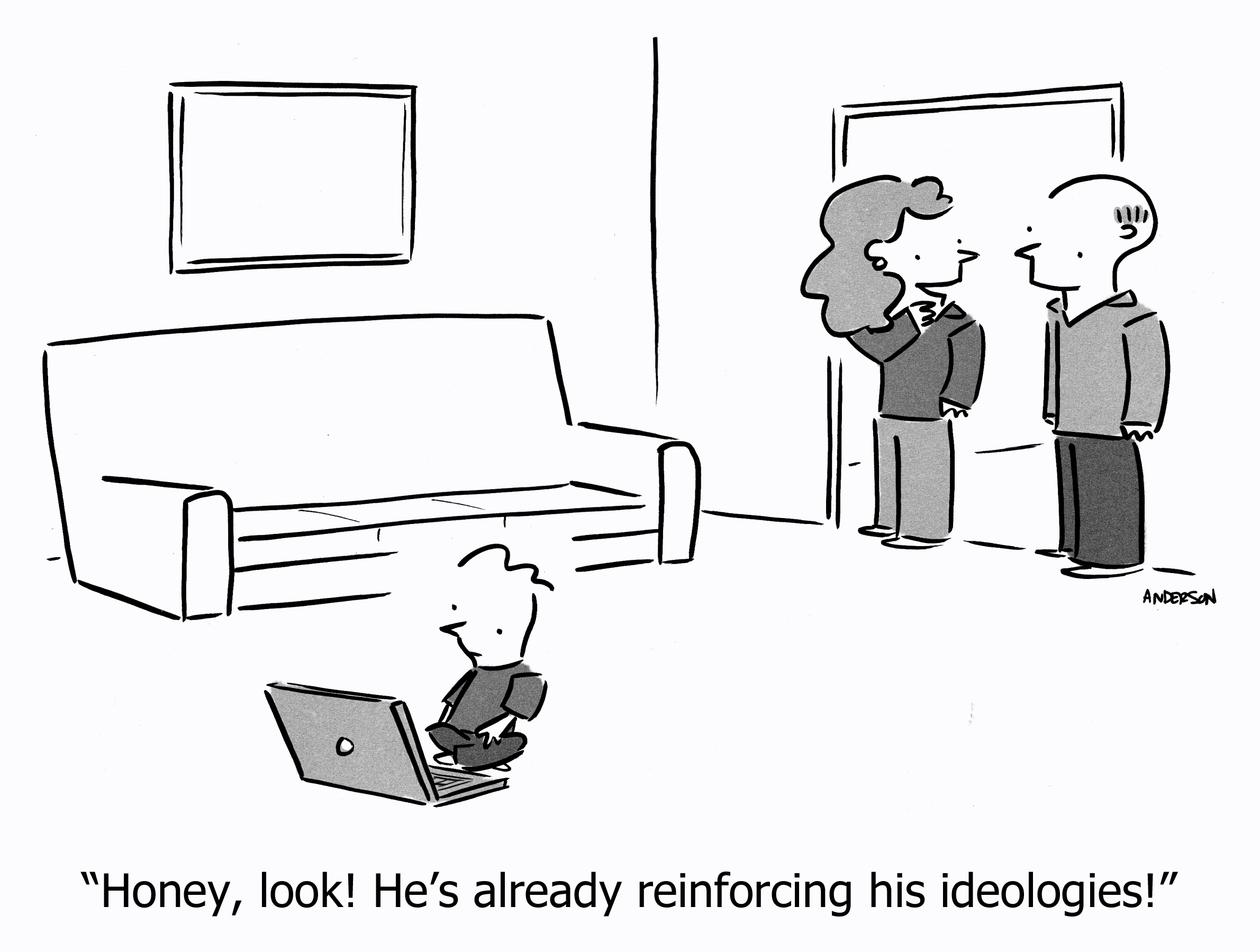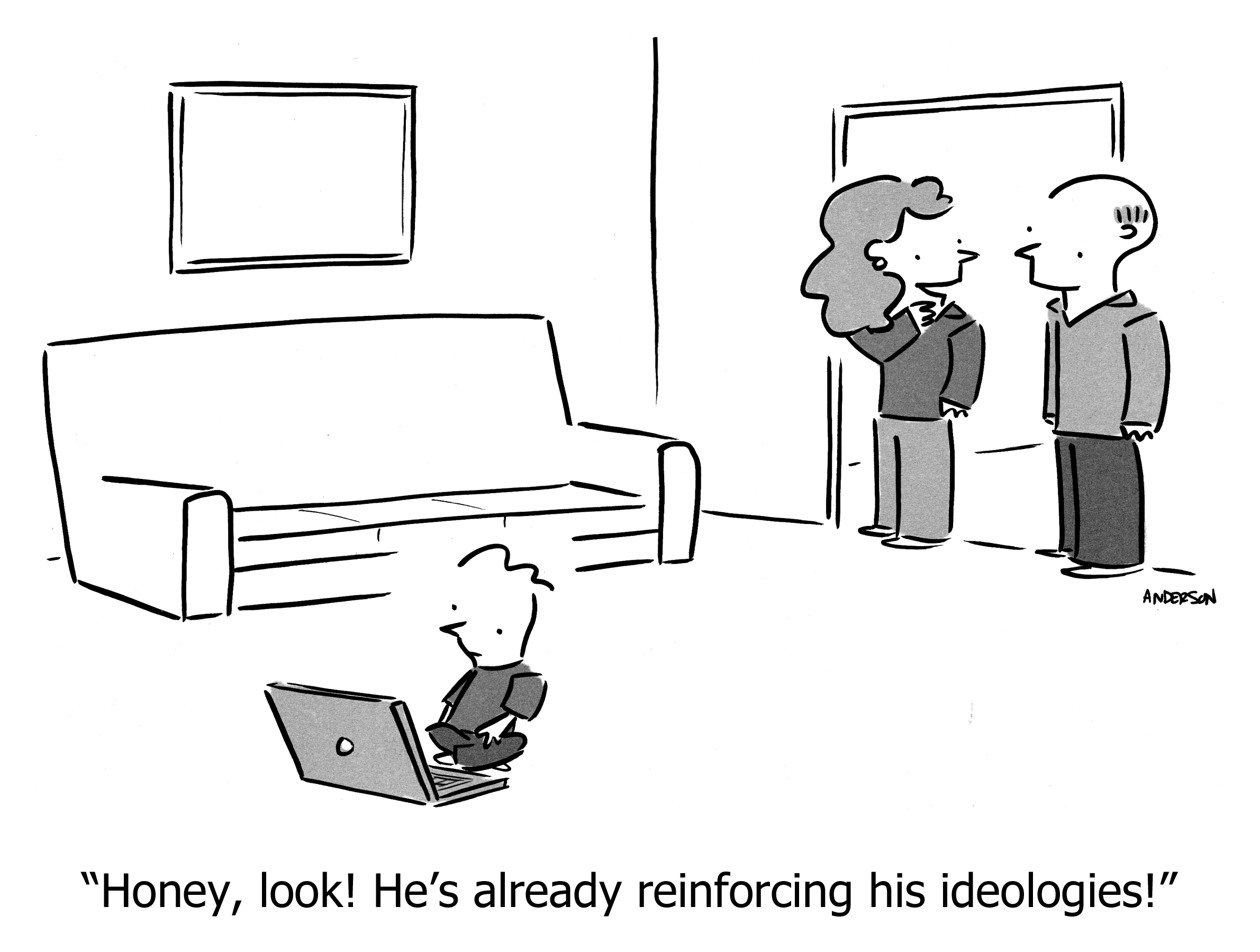Strong opinions, somewhat weakly held
We finally have a dedicated, in-house AdWords pro. With algorithms, monitoring, and tools, each of which change regularly, it’s a full-time job to do it right.
Part of a successful AdWords campaign is perfecting the landing page—the place you go when you click the ad. The landing page is tuned to match the ad text, not only to entice potential customers but also because your AdWord placement depends on the relevance of its content.
So our AdWords pro has been giving us advice on the messaging for the landing pages. Specifically, he’s been asking us to change our marketing message that has worked so well for us on the web, in print, at trade shows, and in demos.
I don’t have a problem with criticism—the purpose of our software is to generate criticism—but do we allow an “outsider” with no context to change our proven text?
Maybe so. A fundamental tenant of Smart Bear and my life in general is to have strong opinions, weakly held. This phrase, promulgated by Paul Saffo and echoed by many others, summarizes the attitude that conviction, while necessary for action, must be tempered with a constant search for disproof. Being wishy-washy is an impediment to inspiring people, working towards a goal, and getting things done, but turning a blind eye to contrary evidence is irresponsible and even dishonest.
With this in mind, a stranger unencumbered by our history and biases might provide the insight we need to disprove some marketing assumptions and freshen our content! New perspectives add depth. We can only improve; we shouldn’t cling to ideas just because they’re venerable.
Or maybe we should. Ted Matthews argues that branding doesn’t work unless you stick to your guns. New hires are quick to suggest change without understanding the battle that went into the decision. It’s just like wanting to rewrite an application because of a little ugly code. Our messaging was honed by field tests, listening to customers, and hours of debate; how can we allow everything to change because of new person with almost no understanding of our product, customers, or competitors?
The way to reconcile these two forces is to see that “weakly” in “weakly held” can be modified depending on the origin of the original opinion.
On one end of the spectrum, some opinions were made without consideration. Why do we have a “Resources” web page separate from an “External Articles” page? No reason, it just ended up like that. So if someone else has a different idea and some rationale behind it, make the change.
On the other end, some opinions—like our marketing messages—were forged with a great deal of consideration. Everyone in the office (and beyond) brainstormed ideas, vetoed concepts, defended theories, and crafted phrases over many years. We’ve gone through iterations, measuring success objectively (e.g. AdWords conversion rates) and subjectively (e.g. reactions when giving talks at conferences).
This kind of opinion shouldn’t be changed flippantly. If it deserved this much consideration before, it deserves the same consideration now. Perhaps more.
Still I disagree with Ted. You can’t use “branding” as a shield against good ideas no matter how entrenched the old ones are. But when the existing ideas are proven, when great works have molded them, new ideas should be challenged with proportionally high standards.
Be ready to change with reason, but don’t change for no reason.
https://longform.asmartbear.com/strong-opinions-weakly-held/
© 2007-2026 Jason Cohen
 @asmartbear
@asmartbear






